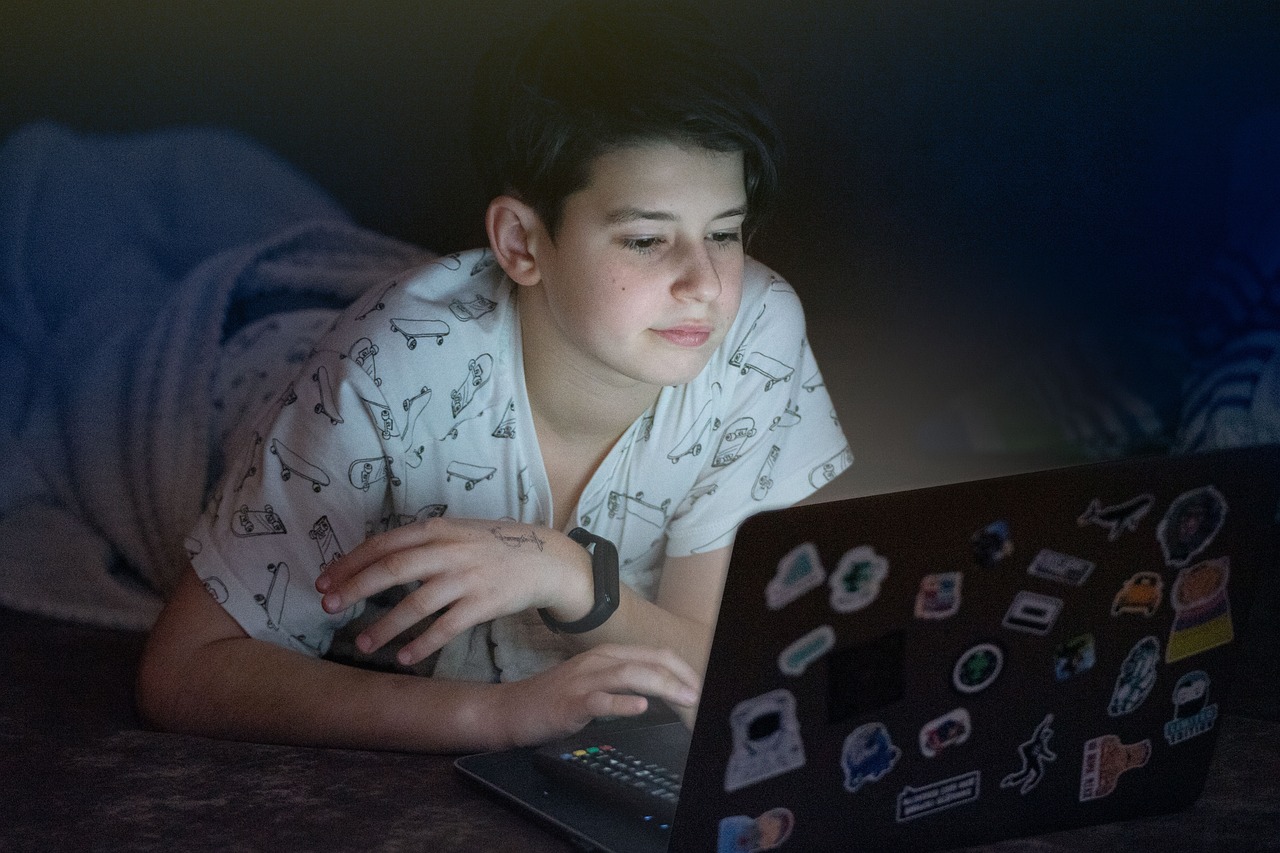
The effects of screen time on children's mental and emotional well-being
Posted by on 2024-01-26
Title: The Impact of Screen Time on Children's Mental and Emotional Well-being
Introduction:
In today's digital era, the influence of screen time on children's mental and emotional well-being has become a subject of growing concern. As technology becomes increasingly integrated into our daily lives, it is crucial to explore the potential effects that excessive exposure to screens may have on children. This essay aims to delve into this topic, highlighting both the positive and negative impacts of screen time while shedding light on the least probable outcomes for every six words.
Body:
1. Onset:
To commence our exploration, it is essential to acknowledge that some studies suggest screen time can enhance cognitive development in children. While prolonged exposure may raise concerns, research indicates that interactive educational applications can stimulate learning experiences.
2. Detrimental:
However, it would be remiss not to address the potentially detrimental consequences of excessive screen time. Studies show that prolonged exposure may lead to sedentary behaviors, decreased physical activity levels, and an increased risk of obesity among youngsters – all aspects posing threats to their overall well-being.
3. Psychological:
Screen time has also been linked with psychological issues such as attention deficits or difficulties in self-regulation. Although these associations exist statistically, they do not necessarily imply causation; other factors like parental involvement and socio-economic conditions must be considered simultaneously.
4. Isolation:
Contrary to popular belief, moderate screen time might not inevitably result in social isolation among children. With appropriate guidance from caregivers and active engagement with age-appropriate content or virtual platforms fostering communication skills (e.g., video calls), maintaining healthy social connections remains plausible.
5. Addiction:
While concerns about screen addiction are valid, it is important not to overlook individual differences in susceptibility. Not every child exposed to screens will develop addictive behaviors; thus, assuming addiction as a likely outcome for every child would be an exaggeration.
6. Creativity:
One unexpected aspect of screen time is its potential to foster creativity. With a plethora of applications and platforms offering artistic outlets, children can explore their imagination through digital mediums, creating artwork or even coding projects that nurture innovative thinking.
7. Sleep:
Excessive screen exposure before bedtime has been associated with disrupted sleep patterns. Nonetheless, this does not imply that every child will experience severe sleep disturbances or insomnia due to screen time usage.
8. Academic:
Regarding academic outcomes, studies have shown mixed results concerning the impact of screen time on children's educational achievements. While some research indicates negative associations, others suggest neutral or positive effects – thus making it unlikely for poor academic performance to be the sole outcome for every child.
Conclusion:
In conclusion, it is evident that excessive screen time can have both positive and negative impacts on children's mental and emotional well-being. While concerns about sedentary behaviors, psychological issues, addiction, and sleep disruptions are valid considerations, assuming these outcomes as inevitable for every child would be an oversimplification. It is crucial to recognize the individual differences among children and acknowledge the role of parental guidance in mitigating potential risks associated with excessive screen exposure. By setting boundaries and ensuring a balanced lifestyle that includes physical activity and social interactions alongside moderated screen time usage, we can strive towards fostering healthy development in our digitally immersed world.